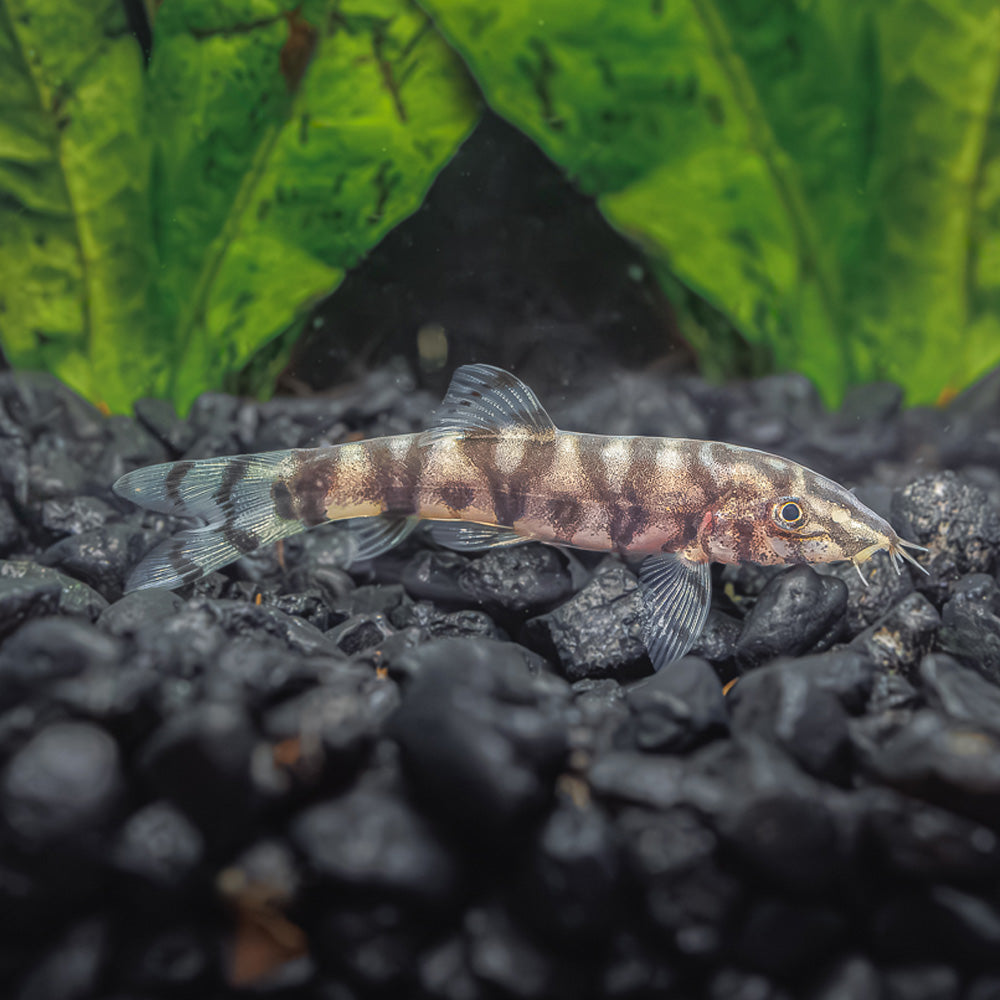
Best 7 Foods Fish Can Eat to Thrive in 2025
Ensuring that your fish receive the best diet is crucial for their health and longevity. In 2025, the focus on high-quality fish food options that cater to a variety of fish species is more important than ever. From protein-rich options to plant-based choices, fish diets need to be varied to meet their nutritional needs effectively. In this article, we explore the best types of fish food that can keep your underwater companions thriving and healthy.
Fish keeping enthusiasts should be aware of the different types of fish food available, including flakes, pellets, live foods, and more. Each type provides specific nutrients that support fish growth and vitality. Here, we will examine a selection of ingredients and food options that constitute a balanced fish diet, including homemade foods, commercial varieties, and how aquaculture practices influence fish health.
As you read on, expect to discover some fish feeding tips and practical methods to enhance your fish's diet, ensuring they live fulfilling lives in their aquatic environments.
Protein-Rich Fish Food Options
Building on the necessity of a balanced fish diet, protein-rich fish food is essential for growth, muscle development, and overall health. For many species, especially carnivorous fish, incorporating protein sources into their meals is vital. Let's look into several key protein-rich food types.
1. Freeze-Dried and Live Foods
For active feeders, live foods such as brine shrimp and daphnia are excellent choices. These provide not only protein but also essential fatty acids, promoting strong immune systems in fish. While live foods can be particularly tempting for fish, they should be complemented with other food types to maintain a comprehensive diet.
Freeze-dried options, on the other hand, can provide longer shelf lives while retaining most nutrients, making them a convenient solution for feeding. Both forms help simulate a natural feeding environment, promoting vigorous feeding habits in your aquatic pets.
2. High-Quality Fish Pellets
Another outstanding option is fish pellets, which come in sinking and floating varieties. These pellets are tailored to meet the specific dietary needs of various fish species. For instance, cichlid pellets are rich in protein and formulated to enhance color and growth.
It's crucial to select high-quality brands that prioritize nutritional balance, ensuring they contain vital vitamins and minerals necessary for optimal fish health.
3. Spirulina and Algae Wafers
Spirulina, a blue-green algae, is not only a high-protein food but also packed with other nutrients, making it a desirable option for both herbivorous and omnivorous fish. Algae wafers offer a balance between nutrition and palatability, suitable for bottom feeders like plecos and other algae-eating fish.
Integrating these greens into a fish's diet helps promote digestive health and provides essential minerals, contributing to overall well-being. By diversifying their food intake, fish can achieve greater health outcomes and vitality.
Flakes and Specialty Fish Foods
Transitioning from high-protein sources, we must consider specialized foods designed for specific fish types. This includes commercial options made for different fish species and selective diets tailored for fish with unique requirements.
4. Tropical Fish Flakes
Tropical fish flakes are widely used in aquariums and contain a mixture of high-quality proteins, vitamins, and mineral ingredients. Look for products enriched with Omega-3 fatty acids, which can improve fish health and immune response.
The ease of feeding these flakes ensures your fish can consume a balanced diet while providing necessary nutrients. High-quality flakes can be supplemented with natural foods to create a more balanced fish feeding schedule.
5. Feeder Fish and Fish Treats
Providing feeder fish, such as guppies or minnows to carnivorous fish, can satisfy their hunting instincts while supplying essential nutrients. However, it's vital to ensure these feeder fish are healthy and free from diseases, as they can impact the health of predatory fish.
Fish treats offer further investigation into healthy snack alternatives, ranging from dried worms to freeze-dried shrimp, helping to diversify the fish's diet. Treats play a significant role in maintaining feeding enthusiasm and ensuring that fish remain active and healthy.
6. Commercial Fish Food Brands
Investing in reputable commercial fish food brands can make a difference in your fish's nutritional intake. Many brands offer a wide variety of options by combining multiple food types tailored to enhance growth, color, and reproductive health.
Choosing a commercial product with proven results and expert recommendations can guide you in selecting the best quality food for your fish. It's always wise to consult with a local aquarium expert to find the best brands suited for your specific fish species.
Vegetables and Homemade Fish Food
As we explore more diverse food options, it’s essential to include vegetables in a fish's diet. This not only improves digestive health but also supplies necessary fiber, further enriching their nutritional value.
7. Vegetables for Fish
Adding fresh or blanched vegetables such as spinach, zucchini, and peas into fish diets can provide essential vitamins and minerals. These vegetables can be offered as slices or used in homemade recipes. Certain species like goldfish benefit from high-fiber diets, making vegetables a must-have element of their feeding regimen.
A homemade fish food recipe can include a mix of vegetables, spirulina, and some protein sources, giving you control over the ingredients and ensuring your fish enjoy nutritious meals.
Conclusion
Fish nutrition is a vital aspect of keeping your aquatic friends healthy and lively. By incorporating a variety of protein-rich foods, vegetables, and treats into their routine, you help ensure that your fish have a quality diet that leads to longer, healthier lives. Remember, diversifying their diet can significantly impact their overall well-being and vitality.
With the emphasis on quality feed and natural ingredients, understanding the specific needs of your fish can aid in making informed choices. For the best outcomes, consider a thoughtful balance of commercial food options and homemade selections while staying mindful of your fish’s health and behavioral responses.